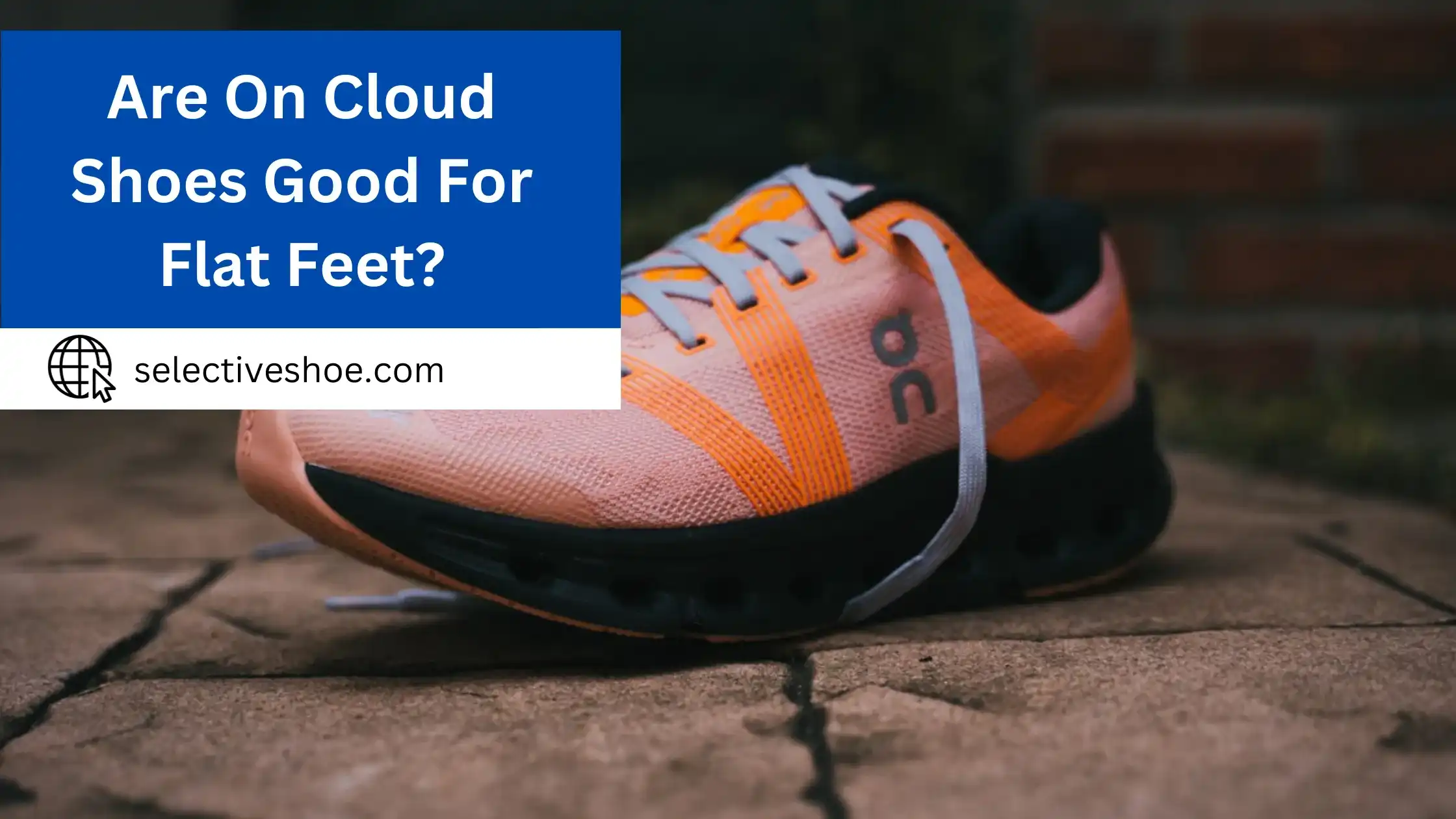It’s no secret that losing weight can have a remarkable impact on your health. You may also know the other surprising changes that can occur when you drop those extra pounds. While you may expect to fit into smaller clothes and see an improvement in overall fitness, there’s another unexpected result your shoe size may also be affected!
This could be especially helpful for those of us struggling to make our way through the busy streets in ill-fitting shoes. In exploring this interesting phenomenon further we will uncover if your shoe size really changes when you lose weight. You won’t want to miss out on all the fascinating information surrounding this topic, so buckle up and get ready for a wild ride full of practical tips and amazing facts about changing shoe sizes!
Changes in shoe size due to weight loss are a subject of interest to many people, especially those who are considering or are in the process of losing weight. Well, yes! Your shoe size may change when you lose weight. It is important to note that while there’s anecdotal evidence suggesting that some people experience a decrease in shoe size after losing a significant amount of weight, scientific evidence to definitively support this claim is somewhat limited. Here are some key points to consider:
Fat Distribution:
Body fat is distributed across various parts of the body, including the feet. Therefore, it is theoretically possible that losing weight could result in a change in shoe size.
Feet are load-bearing structures, and carrying extra weight could possibly lead to spreading or flattening of the feet, which may affect shoe size. Consequently, weight loss could lead to a slight change.
Water Retention:
Losing weight often reduces water retention, which could also affect the size of the feet slightly. Foot size can vary during the day, typically swelling during periods of activity and reducing at rest. This natural fluctuation might be less pronounced after weight loss due to reduced water retention.
Musculoskeletal Changes:
Ligaments and tendons in the feet may experience less stress after weight loss, leading to a potential change in foot size or shape.
Arch Flattening:
Excess weight can put additional stress on the arch of the foot, potentially causing it to flatten. A flatter arch can result in a longer and/or wider foot, which may necessitate a larger shoe size.
Ligament and Tendon Stress:
Excess weight can put more stress on the ligaments and tendons in the feet. This stress can lead to deformities like bunions, which might also affect foot shape and size.
Are there any Scientific studies on the Change of Shoe Size When You Lose Weight?
To date, there are limited scientific studies that exclusively focus on the correlation between weight loss and shoe size changes. Most research concentrates on how obesity affects the feet, which suggests that the feet do bear the brunt of extra weight, affecting their structure and function.
While numerous studies have investigated the biomechanical and orthopedic implications of obesity on foot health, these don’t necessarily delve into the question of whether losing weight changes your shoe size. For instance, biomechanical studies show that excess weight can lead to structural changes in the foot, such as arch flattening. However, it’s unclear whether the effects are reversible upon weight loss.
Similarly, orthopedic studies indicate that weight loss relieves stress on various joints, including those in the feet, but these studies don’t measure changes in foot size. Clinical observations in podiatry often note improvements in foot health with weight loss, but these improvements are typically in symptoms like pain or the progression of conditions like arthritis, rather than changes in shoe size. Therefore, if you’re interested in how weight loss might affect your shoe size, consulting healthcare providers for personalized advice would be most beneficial.
How to Ensure Proper Footwear Fit After Weight Loss?
It is important to continually update your shoe size to ensure proper fit and comfort. Let’s discuss some of the best ways to do it:
Re-Measure Your Feet:
After losing weight, it’s a good idea to have your feet professionally measured again. This is because weight loss can affect not just the overall shape but also specific dimensions of your feet, such as length and width. Opt for professional measuring services offered at shoe stores, or use a Brannock device for the most accurate measurement.
Consider Width:
In addition to length, make sure to consider the width of your feet when selecting new shoes. Width is another dimension that could be impacted by weight loss. Shoes that are too narrow or too wide can cause discomfort and may lead to other foot issues.
Arch Support:
Arch support is another crucial factor to consider. If weight loss has led to changes in the structure of your arches whether they’ve become more pronounced or less so you might need different levels of arch support in your new footwear.
Trial and Error:
Given that foot size and shape may not change in a linear fashion with weight loss, it’s useful to adopt a trial-and-error approach when searching for new shoes. Try on various sizes and styles to determine the best fit for your new foot shape. Comfort should be a primary focus. Regardless of what the size label indicates, pay close attention to how the shoe feels when worn.
Specialized Footwear:
If you have developed specific foot problems as a result of being overweight, consult with a healthcare provider about whether specialized footwear or orthotic insoles are necessary for you.
Regular Reviews:
As you continue to lose weight or maintain your new weight, continue to monitor the fit of your shoes. Your feet may continue to change, necessitating adjustments in your footwear.
Ensuring proper footwear after weight loss is important not only for comfort but also to reduce the risk of foot problems. Always consult with healthcare providers for a tailored approach to foot care.
Conclusion:
It is safe to say that your shoe size may change when you lose weight. While this is not the rule for everyone, some find a decrease in their shoe size as they begin to shed pounds and inches. This does not need to worry anyone, as having an accurate measurement can easily lead to finding the right fit for any footwear.
As long as we are aware of our body’s changing nature, no one needs to be concerned if their shoe size fluctuates over time. Exercise can be incredibly beneficial not just for maintaining a healthy weight, but for slowing down or reversing some of the aging process. If you are determined to stay active and comfortable in your shoes, getting them refit on a regular basis will help keep your stride smooth and effortless.







